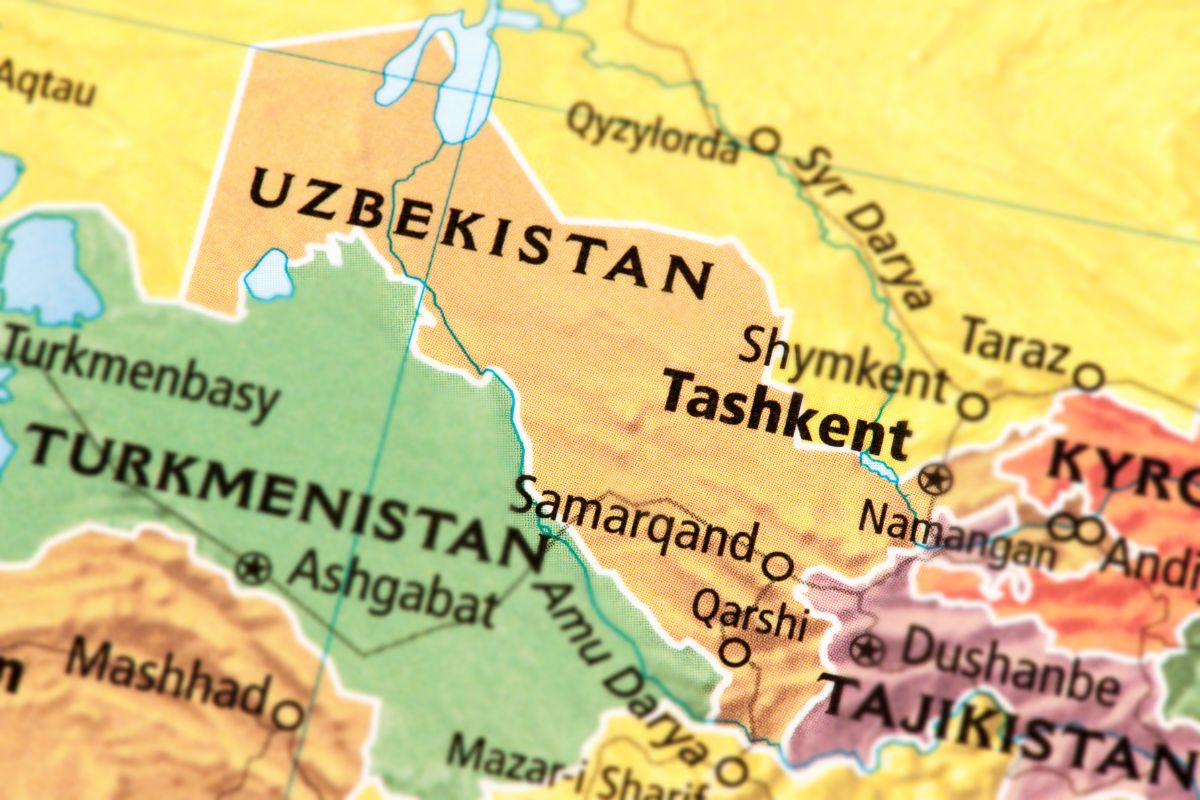U.S. President Welcomes Leaders from Kazakhstan, Kyrgyzstan, Tajikistan, Turkmenistan, and Uzbekistan — Critical Minerals High on the Agenda.
U.S. President Donald Trump hosted the heads of state from Kazakhstan, Kyrgyzstan, Tajikistan, Turkmenistan, and Uzbekistan in Washington on Thursday. A key topic of the summit was critical minerals. The Central Asian nations hold vast and, in many cases, underdeveloped reserves of strategically important raw materials. At the same time, the United States is seeking to reduce its dependence on imports from China in this vital sector.
During the meeting, the U.S. and Kazakhstan signed a memorandum of understanding (MoU) to deepen cooperation in the mining and raw materials sector. As the largest and economically strongest of the five countries, Kazakhstan has become the world’s leading producer of uranium, which was recently added to the U.S. Geological Survey’s list of critical minerals.
Kazakhstan aims to derive greater value from its natural resources and position itself as a key supplier of rare earth elements. In April, the country announced the discovery of what could be one of the world’s largest deposits of these minerals. To strengthen its critical minerals sector, Astana plans to expand geological exploration and attract further international investment. One such initiative is an agreement with the U.S. company Cove Capital, part of the newly signed MoU, which targets tungsten extraction in Kazakhstan.
Further Resource Agreements May Follow
Additional agreements could emerge following the Washington summit. Trump also discussed mining cooperation with Tajik President Emomali Rahmon. The United States had already signed a memorandum on critical minerals with Uzbekistan in September of last year. On Thursday evening, Trump announced via social media that Uzbekistan plans to invest more than $100 billion over the next decade in this and other strategic U.S. sectors, according to Reuters.
The former Soviet republics of Kazakhstan, Kyrgyzstan, Tajikistan, Turkmenistan, and Uzbekistan remain economically and, to some extent, politically tied to Russia, yet they are increasingly pursuing new international partnerships. Alongside the U.S., South Korea, and the European Union have also expressed strong interest in the region’s vast mineral wealth. China, meanwhile, continues to expand its influence through large-scale infrastructure and mining investments.
Photo: omersukrugoksu via Canva

